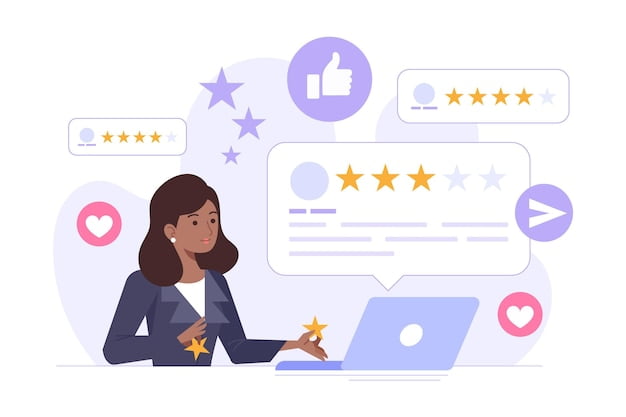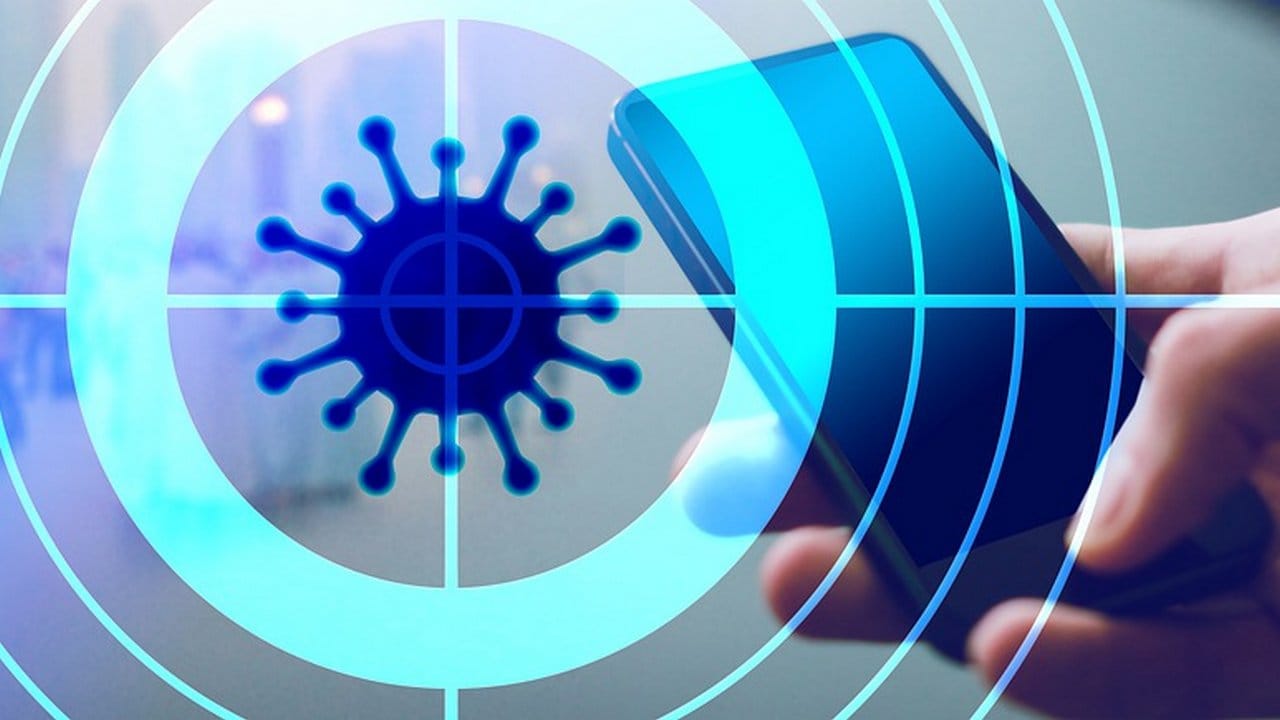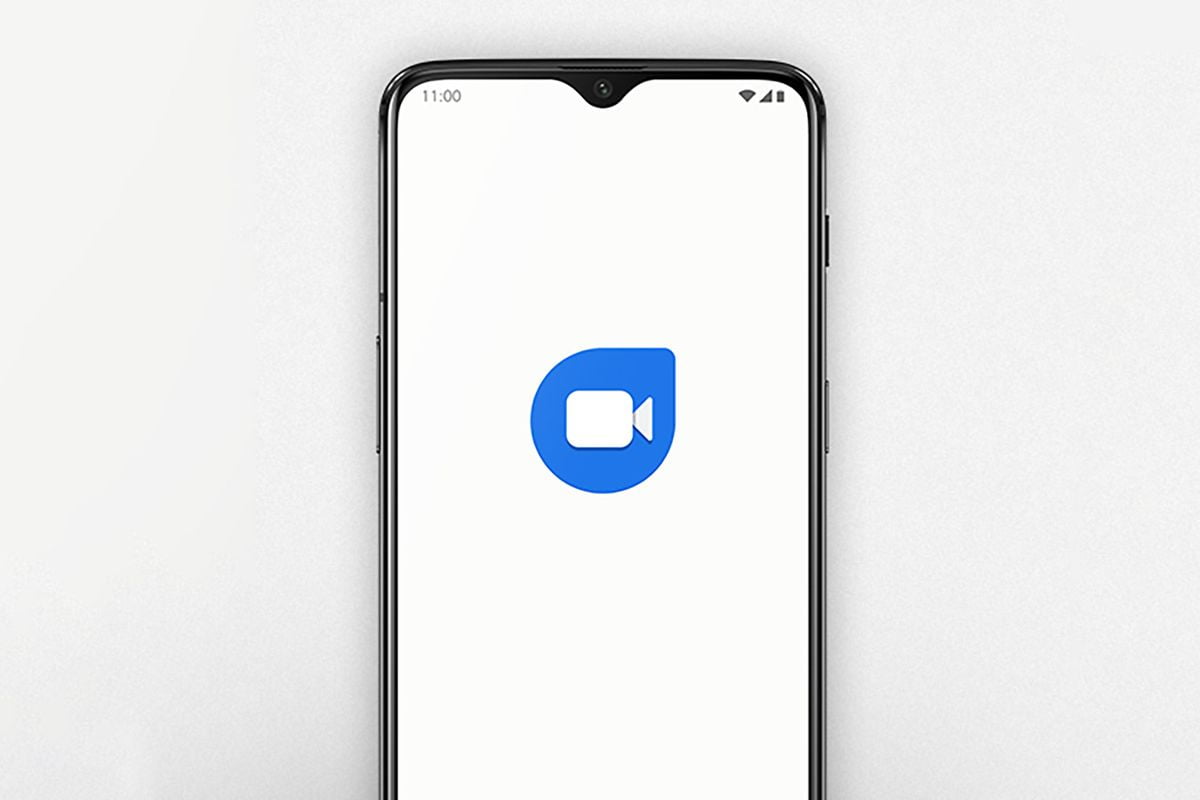
In the 21st century women are used to tech everywhere in their life, apart from fertility tracking. Meet the people behind four apps that are trying to change that and help couples to conceive more quickly.
1. Ava
What are the benefits?
A fertility-tracking bracelet that is worn only while sleeping, Ava collects more than 3 million data points and measures nine parameters of human physiology to detect a fertile window of 5.3 days, according to co-founder, Lea von Bidder.
“Unlike temperature measurement devices or period tracking apps that only provide rough projections for the next cycle, Ava recognizes fertile days as they occur in real time, enabling couples to better plan and enjoy the journey to conception,” she explained.
The idea behind Ava was born when her co-founder and his wife were trying to conceive around three years ago. They quickly realised that there was no accurate and convenient method for tracking her cycle.
“It really meant either peeing on a stick 10 times per month or taking her temperature every early morning. At that point we decided to start doing research on the menstrual cycle, find a way that would make cycle tracking more convenient. Ava is the result of that.”
Who can use it?
While anyone of childbearing age who is hoping to get pregnant could obviously use Ava, von Bidder believes the “sweet spot” for Ava is women trying to conceive who are aged 30 and over and have been trying for at least four months but less than a year.
“They use Ava before going to the doctor but are still uneasy about the time it has taken.”
The bracelet is also used by women on non-hormonal contraception who want insight into their health and wellbeing. “They might use Ava to track hormonal symptoms (such as migraine, moods) or get a better feeling for their cycle. Combining those wellbeing markers with cycle details is very unique.”
2. Duofertility mobile
What are the benefits?
According to the app’s resident fertility expert, Dr Kim Clugston, Duofertility mobile is the only fertility wearable device that comes with a personalised service, offering unlimited access to a team of healthcare professionals, research scientists and trained fertility experts via the app and over the phone.
The experts form a tailored plan, available in three- and six-month packages, including monthly cycle reviews and advice on diet to more complex fertility issues, explains Clugston.
“Our USP is that data, generally, is quite confusing, and we have advisors analysing your data for you – we’re proactively analysing and advising women, and improving their chances of conception.”
Who can use it?
As with most fertility tech, Duofertility mobile is suitable for anyone, but is particularly useful for couples who have been trying to conceive for 12 months or more, advises Clugston.
Women with PCOS or low ovarian count, who find off-the-shelf ovulation tests are inaccurate, may find it particularly useful.
3. Clue
What are the benefits?
5 million users across 190 different countries are fans – if that isn’t enough to convince you, Clue was named the most accurate free menstrual tracking app in a study released by the journal, Obstetrics & Gynecology.
The app is designed so that users can track their period, fertile window, pre-menstrual symptoms, moods, pain, symptoms, exercise, medication, birth control usage and notes about their cycle.
Clue’s partner-sharing feature, Clue Connect, helps partners to better understand their partner’s cycle and be more readily able to support them throughout.
We spoke to Ida Tin, CEO and co-founder of Clue, about how she came up with the idea for Clue. “I felt that there had been very little innovation in family planning since the Pill came out. I was wondering how it could be that we managed to walk on the moon but that most women still don’t know which days they can or can’t get pregnant.”
Who can use it?
According to Ida, the user group of the app is “as diverse as women are on this planet.”
“We have young girls or adult women who are using Clue because they just want to be better prepared for when they have their next periods or PMS.
“A lot of girls and women are using Clue because they want to know themselves and their bodies better.
“Some women are using Clue because they’re trying to get pregnant. Many women are also using Clue to get reminders to take their birth control pills, or using Clue’s analysis of their cycles to have discussions with their doctors.”
4. Concepta’s ‘myLotus’ (available in the UK end of 2017)
Why use it?
This handheld meter comes with a mobile app and pregnancy test. CEO, Erik Henau told NetDoctor: “myLotus is the only consumer product that allows women to quantitatively and qualitatively measure their personal hormone levels at home – what’s different is that competitor products currently only allow qualitative measurement and are based on the ‘average woman’.”
Using a urine sample, myLotus measures your personal level of hCG and LH hormone levels. Current ovulation tests also measure LH level to tell you when your fertile window is, but they use a baseline average – obtained from their idea of what the concentration of LH in the ‘average’ woman is.
So women who fall outside of this ‘average’, such as women with polycystic ovarian syndrome (PCOS), will struggle to use these ovulation tests because they will either be told they’re not ovulating, or are always ovulating, explains Henau.
Who can use it?
While Concepta is useful for any woman trying to conceive, Henau says their target group is women who have been trying for six months or more.
The app stores data gathered from the handheld meter and compares it with previous cycles. You can set it so that your doctor can also access the data and call you in for a consultation if needed, says Henau, so it’s particularly useful for women who are having issues with ovulation.
[“Source-netdoctor”]










